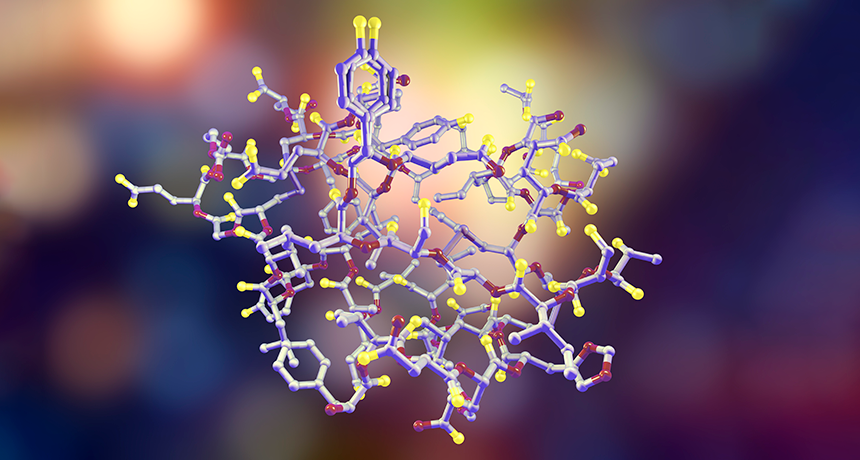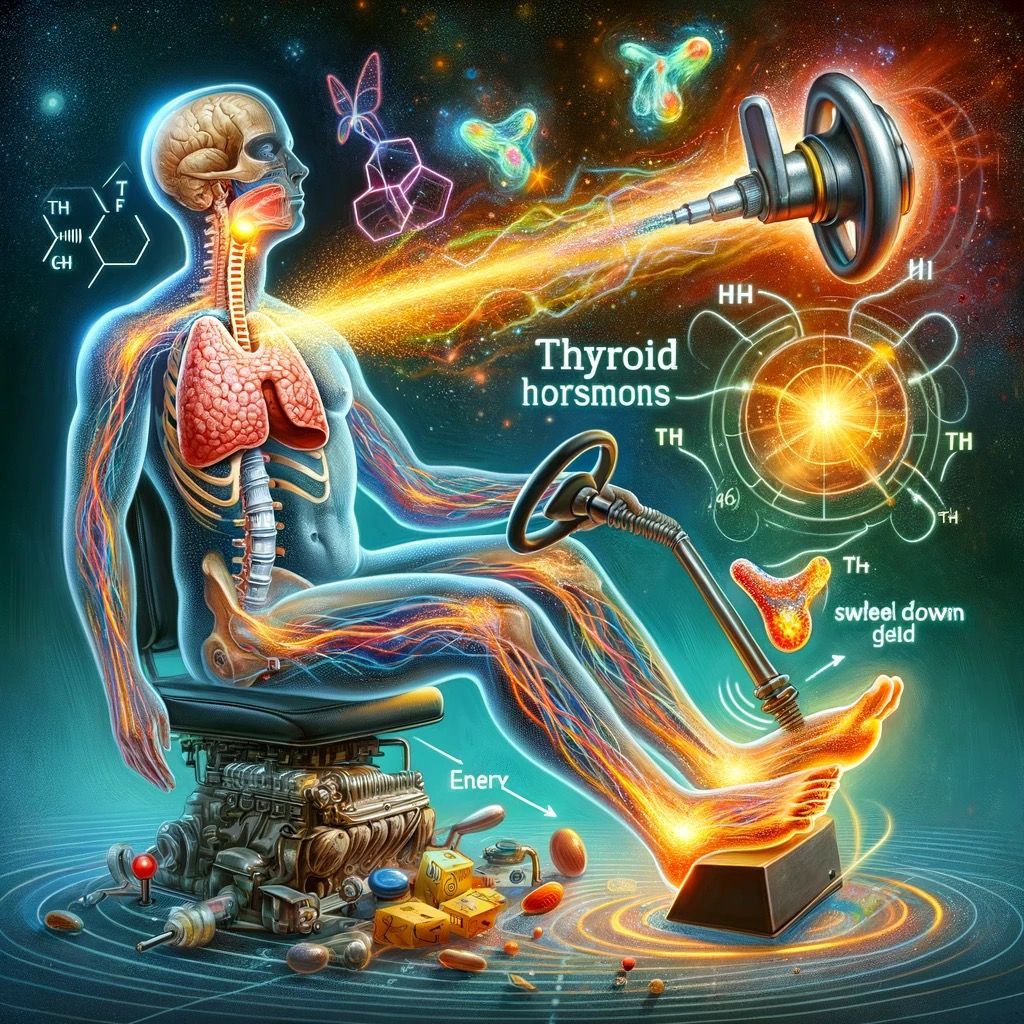Hormones are often mentioned in discussions about health and wellness, but what exactly are they?
I am not a doctor; I am Olivia. Just a year ago, I felt embarrassed to step on a scale or choose clothes and preferred PJs over shopping. I love shopping now! It all changed when I met Dr Emi she transformed me, my body, and my understanding of how MY body works.

Despite what the media says, we're not all the same. What makes me slim and energetic might make you bloated and lethargic. My experience has been so thrilling and life-changing that I'm obsessed with sharing it and the science behind healthier, sustainable weight loss, thanks to Dr. Emi.
When it comes to walking the talk, I choose Dr. Emi over anyone else any day. She developed the system for herself, succeeded, and shared her story on national television.
Not even sugar can boost your confidence that high! She shed 100 lbs, and when you talk to her, you'll feel the vibrant energy she's regained.
So, let's begin TOGETHER, a journey of learning the building blocks of knowledge and science that can help us navigate and understand how our bodies work. And why sometimes, it feels like no matter what we do, we can't lose weight.
For this week, I want to share what I learned during my experience, and everything begins with HORMONES. Until I delved into it, I thought I knew the basics; oh boy, I was driving 100 mph in the dark!
These tiny yet powerful substances play a significant role in regulating many body functions. This article delves into the basics of hormones, their types, functions, and the critical importance of maintaining hormonal balance.

What are Hormones?
Hormones are biochemical messengers produced by the body's endocrine glands, such as the thyroid, pancreas, and adrenal glands. They travel through the bloodstream to various organs and tissues, delivering instructions that help regulate a myriad of physiological processes.
Types of Hormones
There are several types of hormones, including steroid hormones, peptide hormones, and amino acid-derived hormones. Each type has its own specific functions and mechanisms of action.
Thyroxine (T4) and Triiodothyronine (T3)
- These are the two primary hormones produced by the thyroid gland, located in the neck.
- T4 and T3 are named based on the number of iodine atoms they contain: T4 has four iodine atoms, and T3 has three.

I know that feels too sciency and your head might be spinning like a new born watching MD Cartoon network. Here is my take on it.
Think of your body like a car engine, with metabolism being the process that keeps the engine running. Just like how a car needs fuel to run, your body needs energy, which it gets from food. The thyroid gland in your neck produces two important 'accelerator' hormones called T4 and T3. These hormones are like the gas pedal for your body's engine. When the thyroid releases more T4 and T3, it's like pressing the gas pedal, making your metabolism speed up. This means your body uses energy faster for everything it does – from thinking to moving to growing.
When there's plenty of T4 and T3, your body feels energetic, burns calories quicker, and even stays warm. But, if the thyroid doesn't produce enough of these hormones, it's like taking your foot off the gas. Your metabolism slows down. You might feel more tired, get cold easily, and your body doesn't use up calories as quickly, which can lead to weight gain. So, T4 and T3 are crucial in keeping the body's energy balance just right – not too fast, not too slow, but just perfect for your body's needs.
Regulation of Metabolism
- Metabolism refers to the chemical processes that occur within a living organism in order to maintain life, including converting food to energy, building or repairing body tissues, and eliminating waste.
- T4 and T3 play a crucial role in controlling the rate of these metabolic processes. When thyroid hormone levels are high, metabolism speeds up. Conversely, low thyroid hormone levels slow down metabolic activities.
Again, with the same usual Olivia's approach. Let me break it down to Earth. Imagine your body is like a factory.

This factory is always busy doing different jobs to keep you going. These jobs include turning the food you eat into energy, fixing any damages in your body, and getting rid of stuff your body doesn't need anymore. This whole operation is what we call metabolism.
Now, there are two special workers in this factory named T4 and T3. They're like the bosses who decide how fast or slow the factory should work. When T4 and T3 are around in big numbers, they tell the factory to speed up. This is like when you're full of energy, your body uses food quickly, and everything inside you works faster.
But when there are fewer T4 and T3 bosses, they tell the factory to slow down. This is like those days when you feel sluggish, your body doesn't use food as quickly, and things inside slow down a bit.
So, these two bosses, T4 and T3, are super important because they make sure your body's factory runs just right – not too fast, not too slow, but at the perfect pace for you.
Energy Levels
- The rate of metabolism influences the body's energy levels. Higher metabolic rates can lead to increased energy, while lower rates can cause fatigue.
- Thyroid hormones ensure that the body efficiently uses energy and maintains a proper balance between energy intake (from food) and energy expenditure.
Body Temperature Regulation
- Thyroid hormones also affect body temperature. They help in generating heat, a byproduct of metabolic activities.
- An increase in thyroid hormone levels can lead to a higher body temperature, while a decrease can result in a lower body temperature.
Overall Balance and Health Implications
- The proper balance of T3 and T4 is essential for good health. Imbalances can lead to conditions such as hypothyroidism (low thyroid hormone levels) or hyperthyroidism (high thyroid hormone levels).
- Symptoms of thyroid hormone imbalances can include weight changes, altered energy levels, temperature sensitivity, mood changes, and more.
There are many other types of Hormones like Pancreatic, Adrenal, Reproductive and so on. We will touch on it in future articles because there's so much to say on how all together they affect the way we assimilate, process and "show" on our body the result of those DNA cocktails.
Functions of Hormones
Hormones have diverse functions and are involved in numerous physiological processes. They regulate growth and development, metabolism, reproduction, mood, sleep, and many other bodily functions.
- Growth and Development: Hormones like growth hormone and thyroid hormones are essential for normal growth.
- Metabolism: They regulate metabolic processes, influencing how the body converts food into energy.
- Reproduction: Hormones control various aspects of reproduction, including menstrual cycles and pregnancy.
- Mood Regulation: Hormones can impact mood and emotional well-being.
Hormonal Imbalance
Maintaining optimal hormonal balance is crucial for overall health and well-being. This can be achieved through a holistic approach to a healthy lifestyle, including engaging in regular physical exercise, consuming a well-balanced diet rich in nutrients, practicing effective stress management techniques, and ensuring sufficient and restful sleep. Additionally, it is imperative to promptly seek professional medical advice if you suspect any potential disruptions or imbalances in your hormonal levels.
Conclusion
Hormones are vital for the smooth operation of our bodies. Understanding their roles and the importance of maintaining hormonal balance is crucial for overall health and well-being. Regular check-ups and a healthy lifestyle can help keep your hormones in check.
Extra Knowledge Nugget
If you want to delve deeper into understanding these bodily messengers.. I found this free lesson on Khan academy to be really helpful to put the whole mix together.





